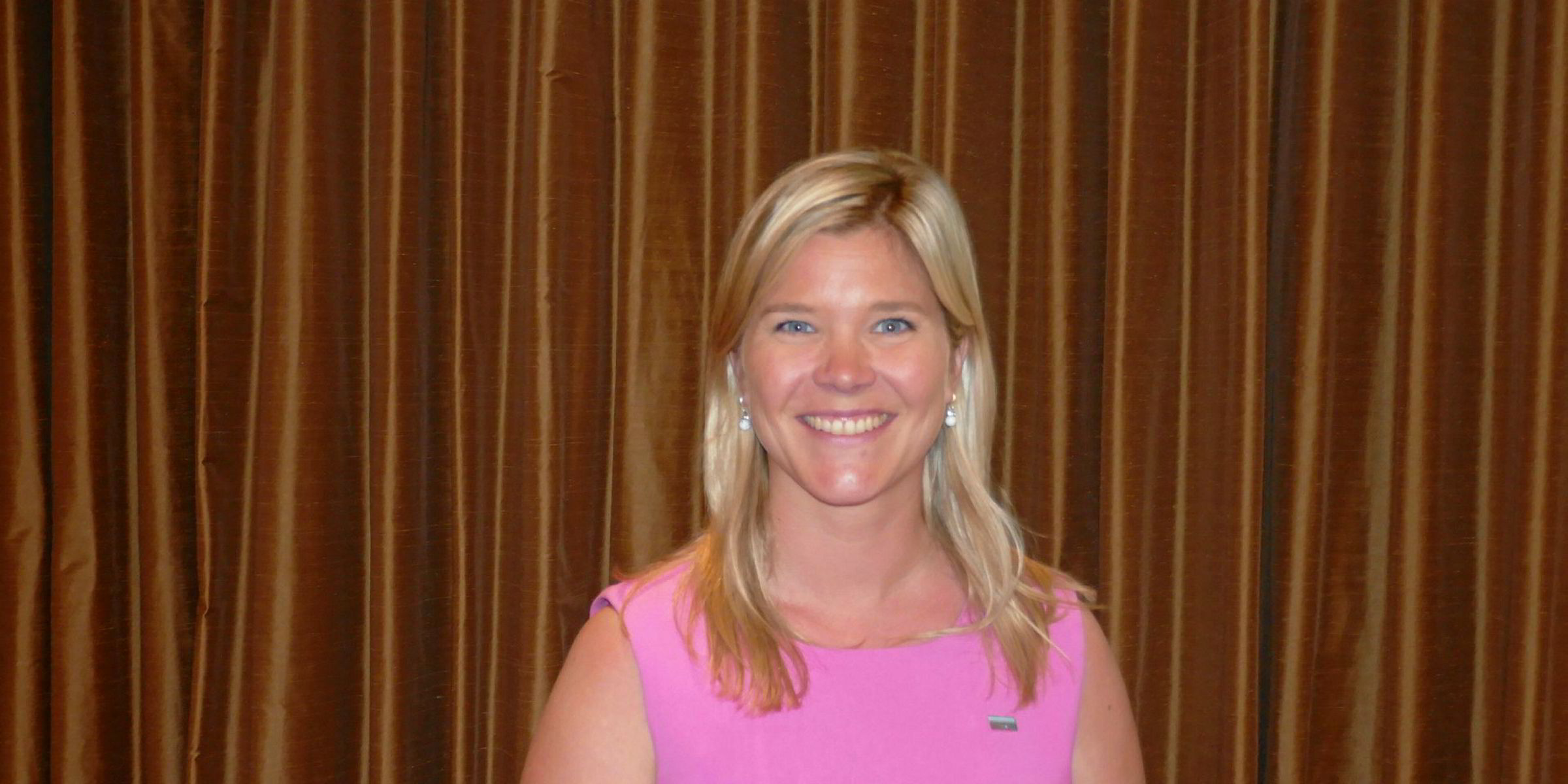Pick-up of scrubbers is rising fast as a 2020 deadline to ban high-sulphur fuels is approaching, DNV GL said during a press briefing at Posidonia.
A total 514 ships worldwide will have scrubbers installed by end-December 2018, up from 347 at the end of last year, said Stine Mundal, head of environmental certification at DNV GL.
The figures are compiled on the basis of confirmed contracts, which means they will likely rise further as scrubber installments currently under negotiation gradually come through.
“There’s so much more in the pipeline,” Mundal said, adding that a great number of scrubber supply discussions have begun over the past few months. “Next week or next month, there might be a hundred new projects signed,” she added.
One scrubber supplier told TradeWinds during Posidonia that his company had sold over 100 units in the last few weeks, and had enquiries for up to another 30 from Greek owners pending.
Installation of scrubbers has been one of the most hotly discussed and controversial issues at Posidonia this week.
Wide interest was sparked by public comments from John Angelicoussis that he intended to make money out of using scrubbers.
Angelicoussis said he believes there will be profit in the anticipated margin between the higher price of high sulphur fuel over traditional bunkers.
Charterers, including oil companies, are understood to be increasingly aggressive in urging owners to install scrubbers.
One notable development is the increase in scrubber take-up among drybulk and containership owners. Drybulk vessels have grown to become the single biggest category of scrubber buyers, currently accounting for 21% of total confirmed contracts, Mundal said in her presentation.
Containerships are a close second with 20%. The share of passengerships, one of the earliest adopters of scrubbers due to stricter regulations in emission control areas, has dropped to third place with 18% of the total. Oil and chemical tankers follow with 17%.
Citing its own figures, DNV GL says it is the market leader among classification societies for scrubber approvals, accounting for 29% of the total. DNV GL’s figures, however, allow for a 37% share of total scrubber approvals which are currently unaccounted for.
Major Greek owner Nikolas Tsakos, who is also president of tanker lobby group Intertanko, said earlier this week in the TradeWinds Shipowners’ Forum that he felt scrubbers were being forced down the industry’s throat "like an experimental drug".
The real solution to the emissions issue would be for refiners to produce more clean fuels, he argued.
Milena Pappas, commercial director with growing drybulk player Star Bulk, was more positive towards scrubbers, dismissing concerns they would merely shift sulphur pollution from the air to the seas.



